-
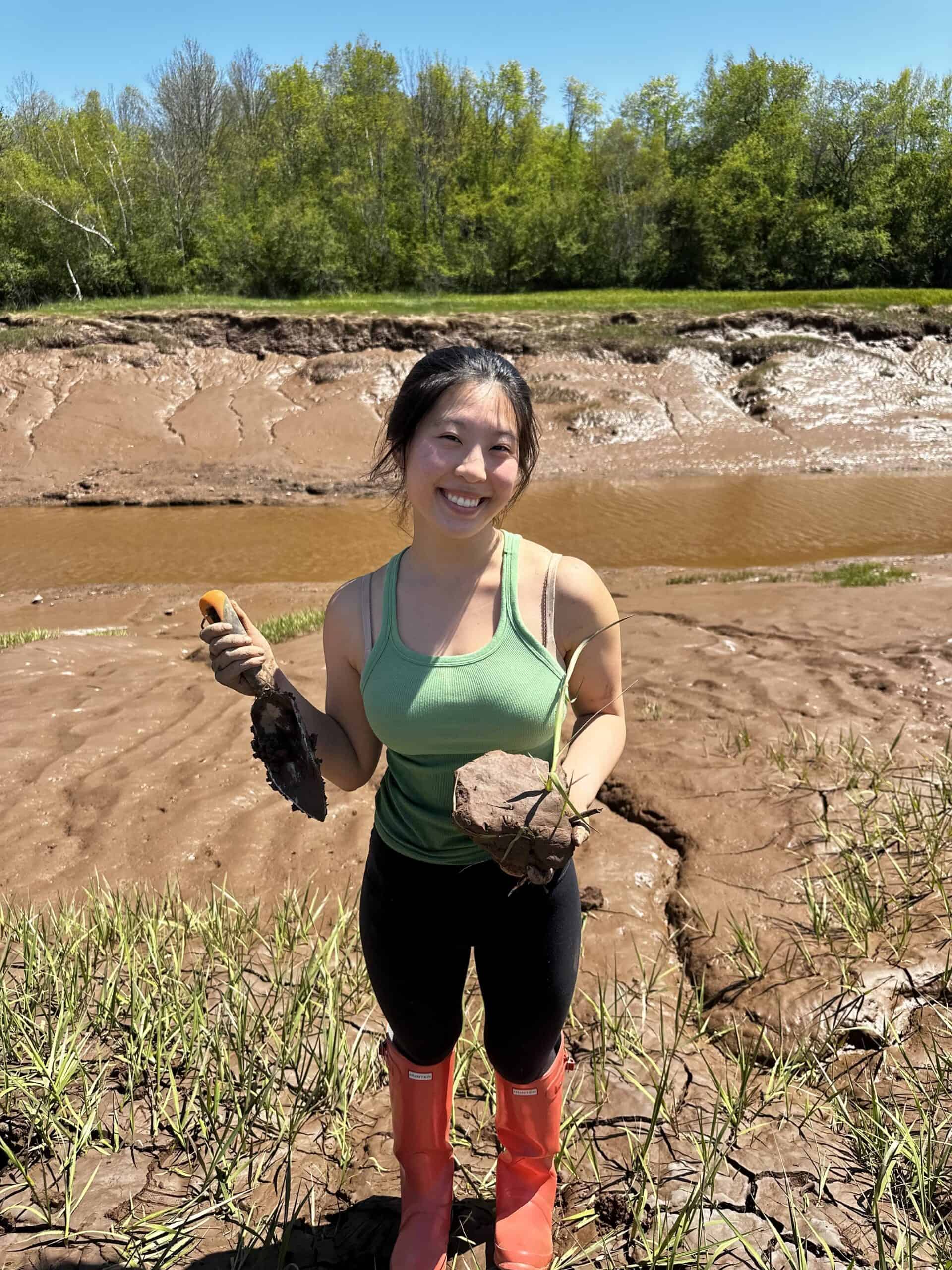
Salt marshes are unsung heroes of coastal environments, yet the interactions between plants and fungi in salt marsh sediment remain understudied. Sporobolus roots were collected, underwent sterilization, and fungi were cultured onto three media types for DNA extraction and species-level identification. Objectives: 1.Determine...
-
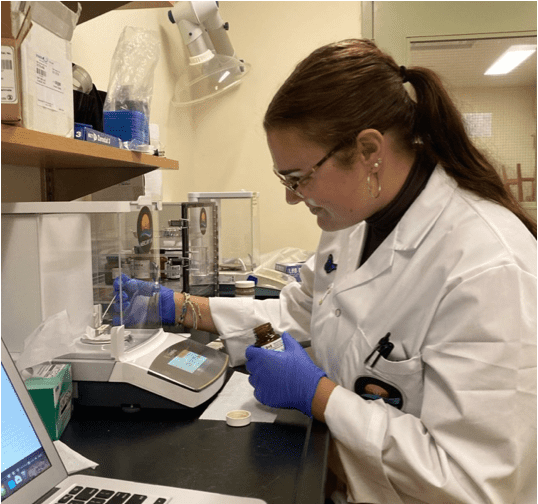
Big Meadow Bog (BMB) is a disturbed wetland habitat located on Brier Island, NS. BMB was subject to water table restoration in 2018 which attempted to remediate historic ditching and return the wetland to its natural state. BMB is also affected by large...
-
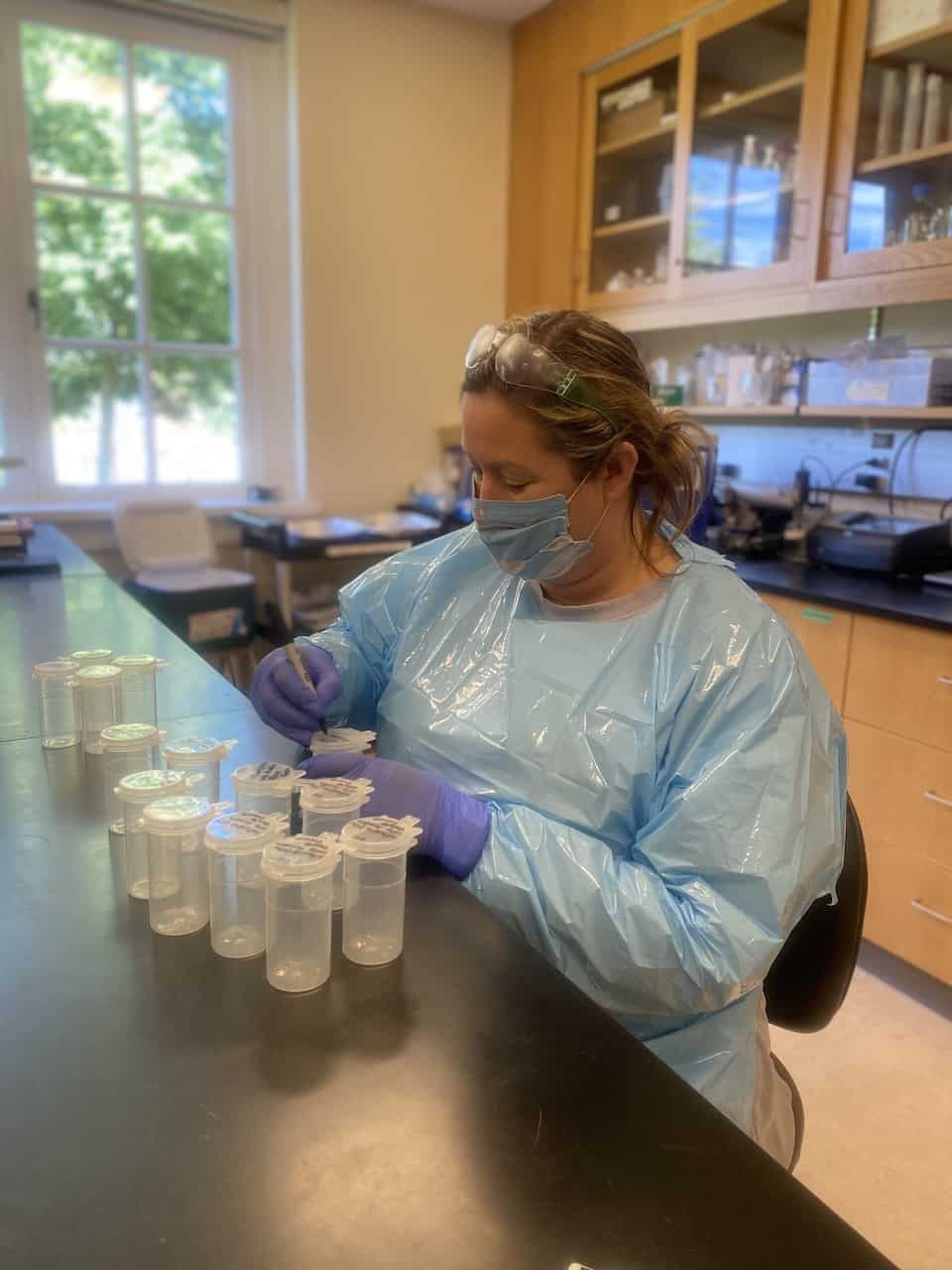
Wastewater surveillance has been applied to uncover virus outbreaks, provide information on drug consumption and vaccination uptake, and assess collective exposure to environmental stressors such as environment and food toxins. Collecting wastewater for analysis of chemicals and viruses shed by humans provides an unbiased,...
-
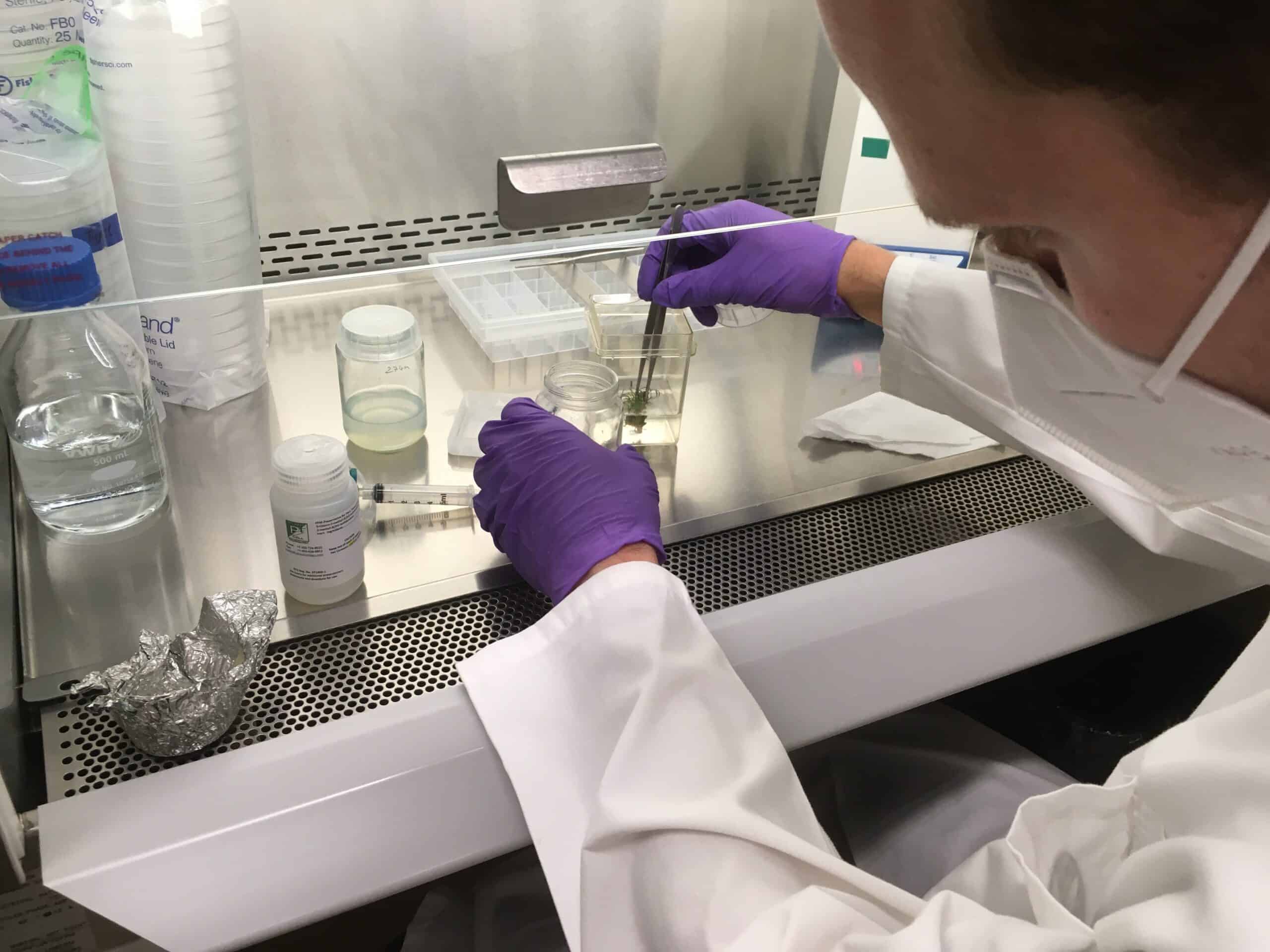
Nowhere else in the world do the threatened Fernald’s and Long’s Braya (Braya fernaldii, B. longii) find a natural home than in the Limestone Barrens of the island of Newfoundland. The goal of this project was to provide a starting point for further research by growing and...
-
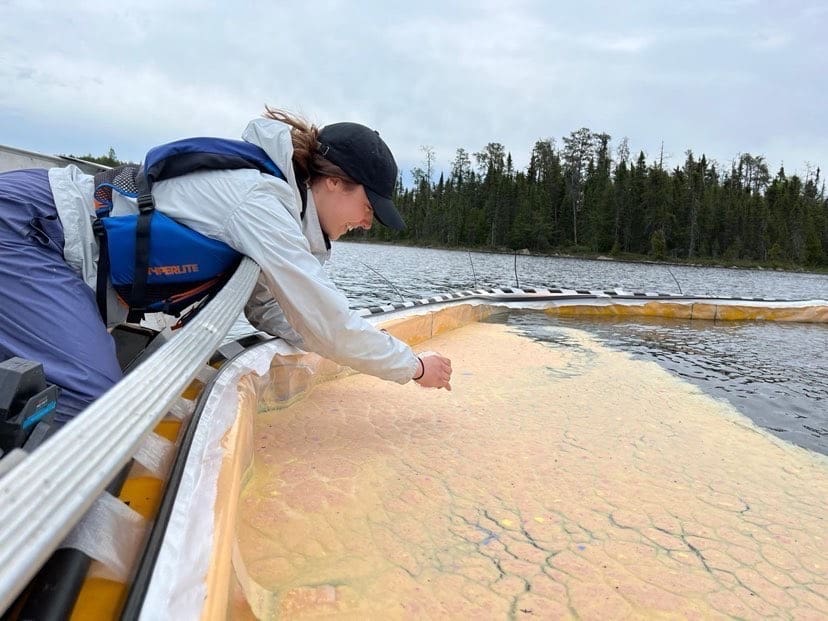
Jessie Wilson is a Master’s student in Dr. Mark Mallory’s lab studying how microplastics move through freshwater ecosystems. Jessie’s field work is at the world famous IISD Exeperimental Lakes Area and is part of a long term microplastics study. Jessie says, “with...
-
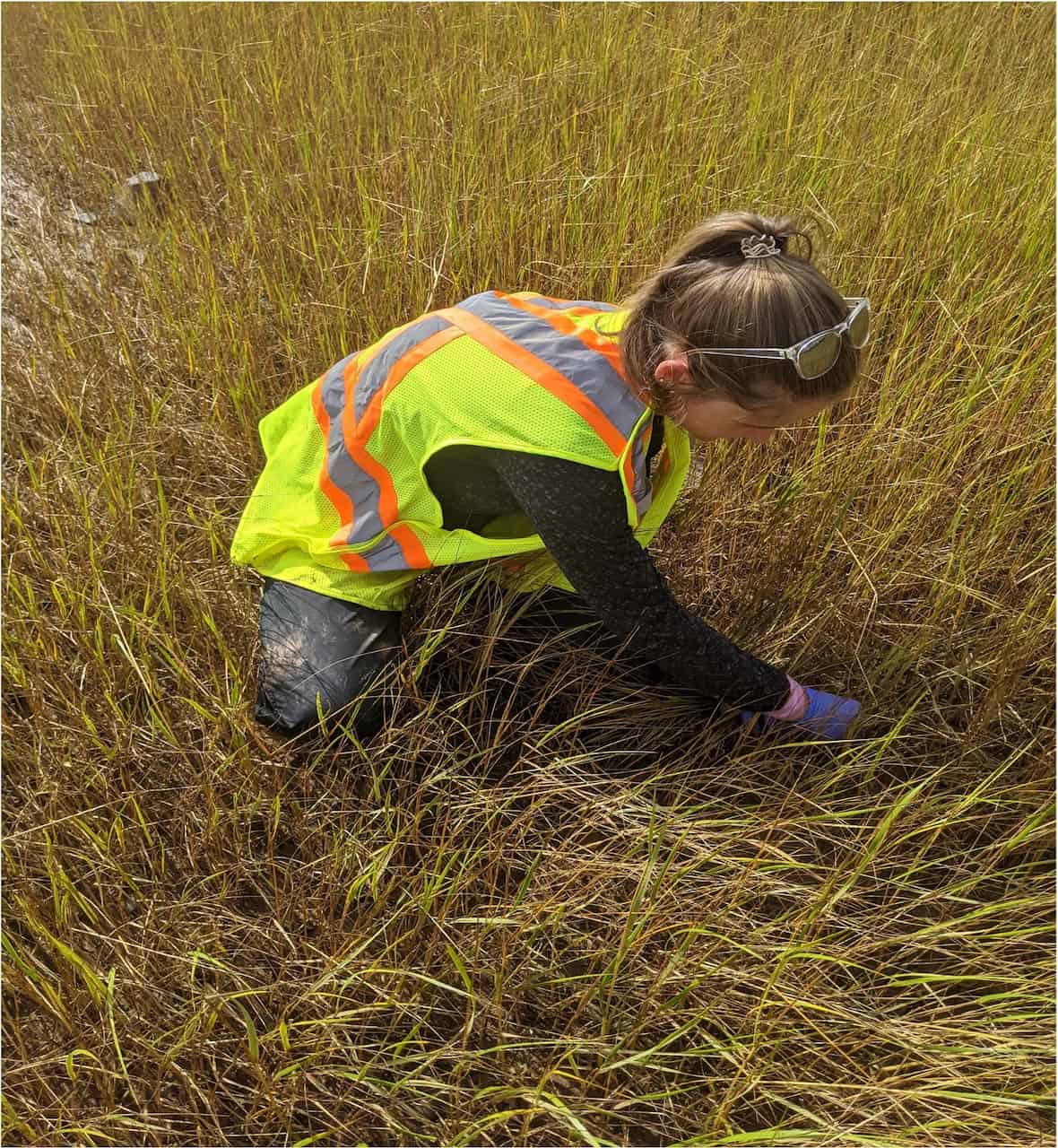
The Minas Basin is a part of the Bay of Fundy. It is east of the Minas Passage and runs to Truro, Nova Scotia. The Bay of Fundy is used for aquaculture, shipping, and fishing. As such, the Bay of Fundy has...
-
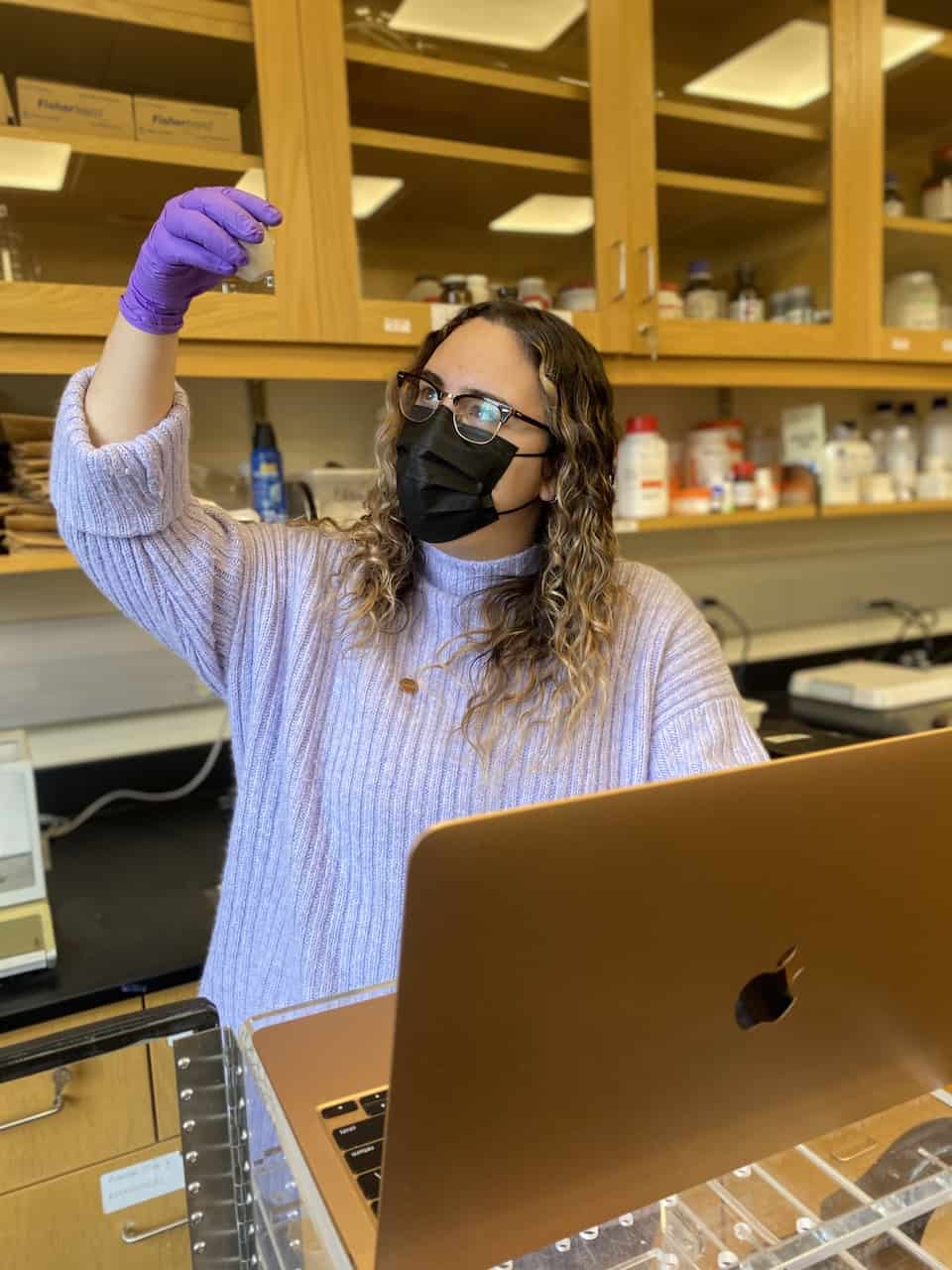
Salt marshes are blue carbon ecosystems that accumulate and store high amounts of carbon below ground. Carbon can be accumulated from suspended sediment (allochthonous) and within the salt marsh through fixed carbon dioxide via photosynthesis by marsh vegetation (autochthonous). The carbon is...
-
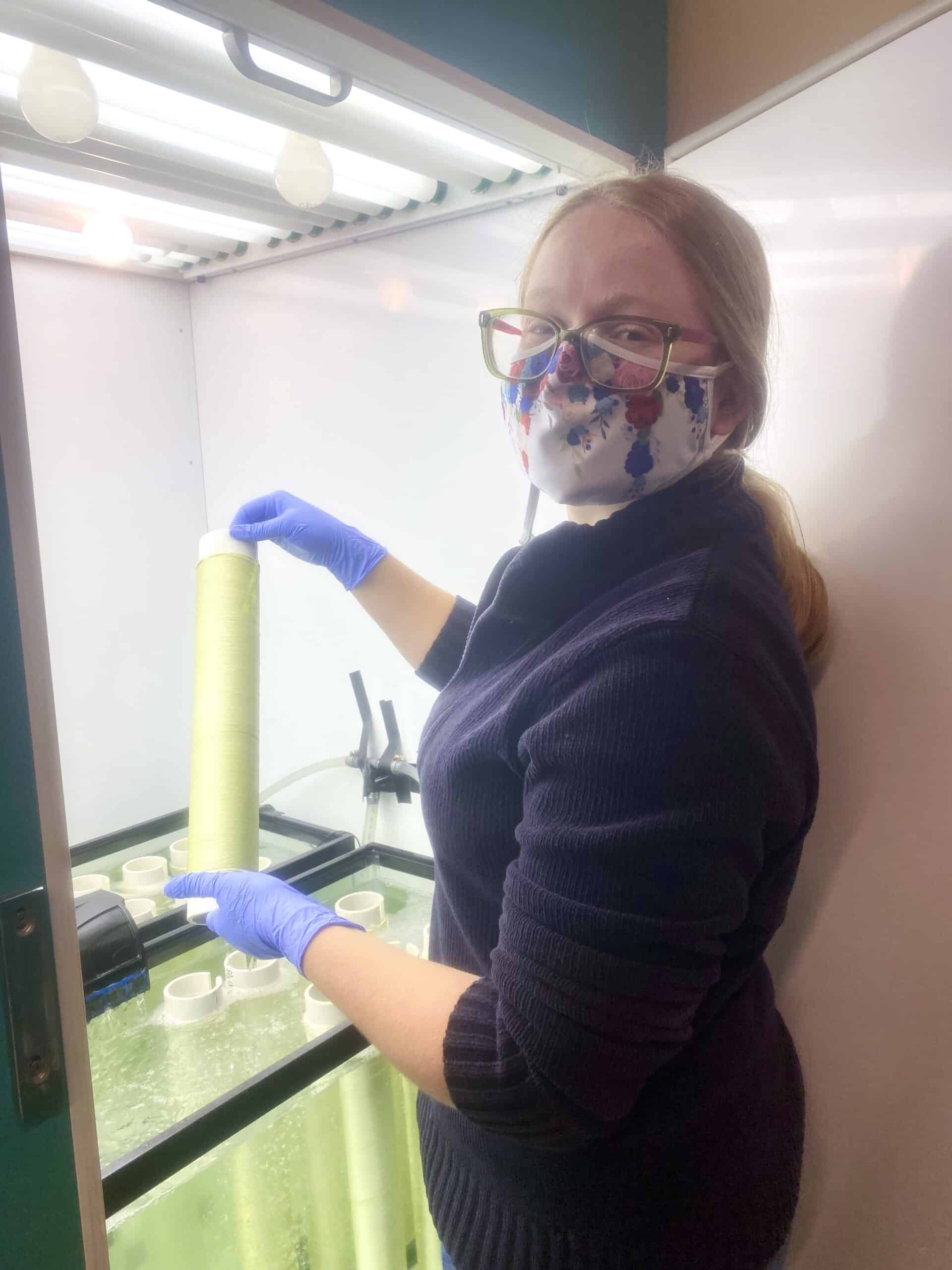
SeaChange Biochemistry Inc. is an innovative start-up in Cape Sable, Nova Scotia, that has built an exceptional extraction method of numerous high-value industrial chemicals from seaweed. This has enabled them to produce these chemicals at a significantly lower cost than their competitors. Sabrena Mackenzie,...
-
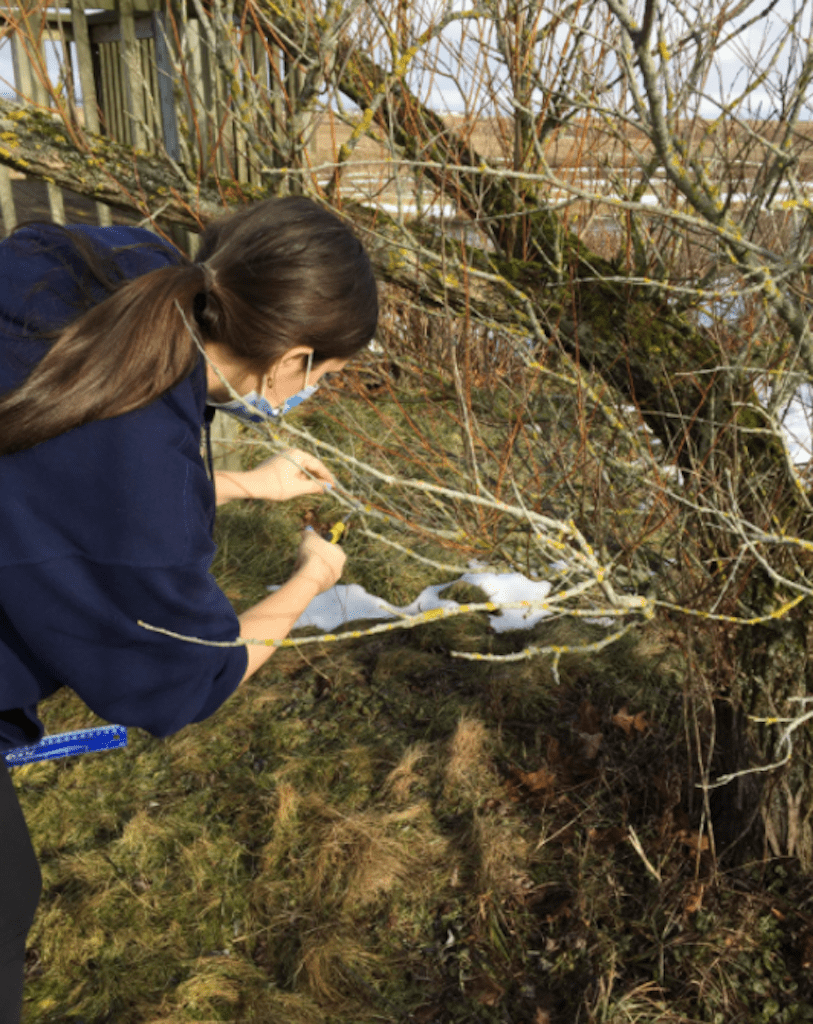
Grand Pre National Historic Site is home to willow trees (Salix sp.) that are known to have been planted by Acadian settlers over 400 years ago. Parks Canada has classified these trees as cultural artifacts, due to their survival in this space...
-
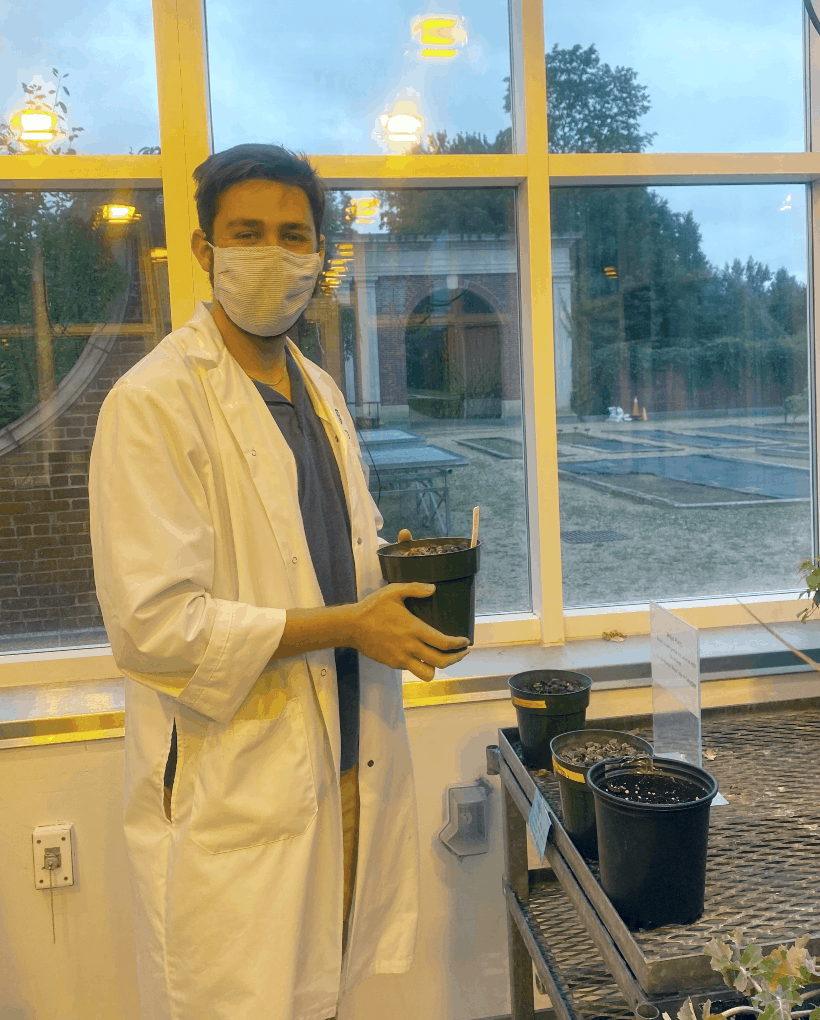
Long’s Braya, Braya longii, is an endangered perennial plant found only in the Great Northern Peninsula of Newfoundland. It is subject to annual infestations of the Diamondback moth (DBM), Plutella xylostella, who use B. longii as hosts to lay their eggs. The larvae then defoliate and...


 Acadia University
Acadia University
K.C. Irving Environmental Science Centre
Harriet Irving Botanical Gardens
Acadia University